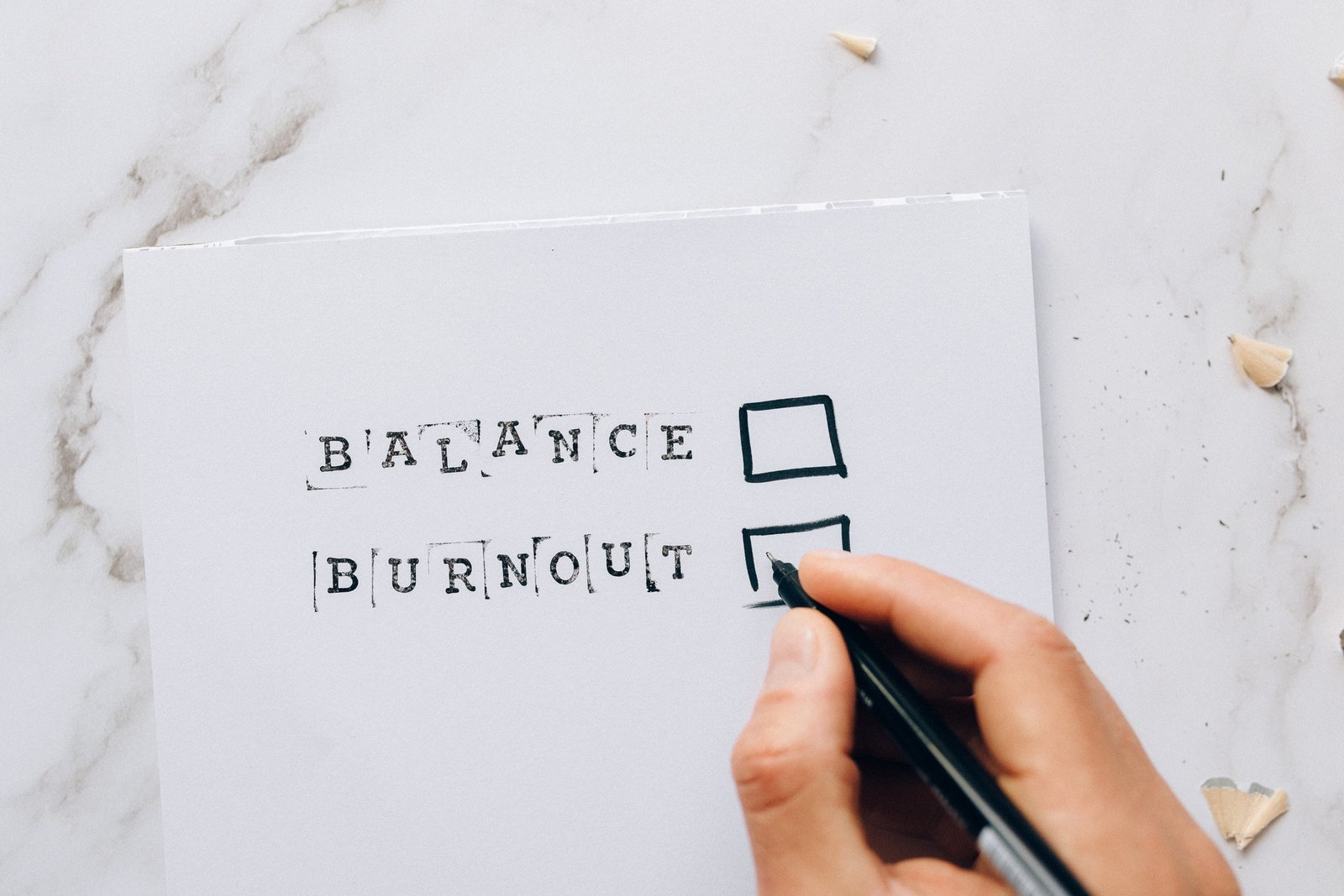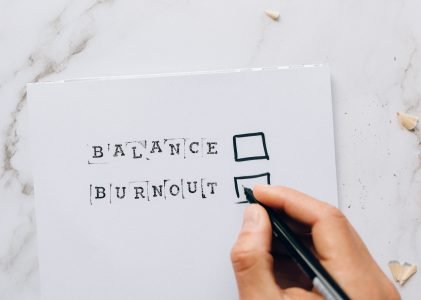As it gets towards the end of the year, many corporates move into high gear.Unfortunately it tends to be at about 

The symptoms of stress burnout are both physical and Psychological. Below is a list of both of these characteristics with an indication of how common the particular symptom is. The trouble with burnout is you never know you are in it until it’s too late. Your performance at work starts to decrease. You start having petty arguments with your colleagues over things that would never have bothered you before. At home, you don’t feel like talking with your significant other, never mind getting into bed with them at the end of the day. And the next day, it all starts again.
Over 50% of workers say that they feel overwhelming stress during their job (CareerBuilder.com). This overwhelming feeling of stress is a typical sign of burnout and a good indicator that it’s time to examine what is happening in your life and your reaction to situations. When the thought of going into the office fills you with dread, you are experiencing burnout and need to get yourself on a rejuvenation mission to get the real you back in your life and your work. This article provides some tips to identify when you need the break to get your energy back and rejuvenate your mind.
The problem stems from our perception. We don’t realize we are in a burnout situation until it’s too late. Stress is a “chicken and the egg” scenario. We think we are stressed at work because we are tired and run down. When the reality could be that we are run down and tired because of the stress at work. One needs to know what the warning signs are so you can stop the downward spiral before it stops you.
Physical symptoms of stress include:
- fatigue (51%);
- headache (44%);
- upset stomach (34%);
- muscle tension (30%);
- change in appetite (23%);
- teeth grinding (17%);
- change in sex drive (15%);
- feeling dizzy (13%).
Source: American Psychological Association study, 2007.
Psychological effects of stress include:
- experiencing irritability or anger (50%);
- feeling nervous (45%);
- lack of energy (45%);
- feeling as though you could cry (35%).
About half of Americans (48%) report lying awake at night due to stress.
Source: American Psychological Association study, 2007.
Now, if you are anything like me, you have been going through the list ticking off which ones you feel are appropriate. You might even have so many ticked off that you are on the verge of deciding you need to check you your self in for some Psychological R&R. Hold the phone there, as many of the above symptoms are also part of normal stress. You need to take into account the prevalence and severity of your own symptoms.
If you have gone through this list and can identify with many of them, I suggest you do the following. Keep a diary of your stress responses, as listed above, for the next two weeks. Each day jot down how many of the symptoms you have and also make a note of what caused the particular feeling e.g. Irritability during staff meeting.
Once you have your two weeks worth of data you will be able to get a clearer view on your situation.
If you are scoring many of the symptoms on most of your days, I suggest it’s time to take some time out. Plan a week away. If you can’t manage to get the time off for a full week, take two days and have a long weekend. It is important to really switch off during this time to get the full benefit.
When you get back to work after the break, do the diary exercise again and see if there is any change. If your scores are still high, there might be something else going on. It could be time to speak to a counselor or psychologist about your feelings at work and what you can do about them. It could also be that you are not happy in your current role and the feelings are an indication that it’s time for a change.
Whatever it is, you need to give it some thought and be kind to your self. Take a break and get your energy back before you make any rash decisions. The rejuvenation might be all you needed to put the spark back into your work…and other things. Create your life.



Great article Kev. One of the things I find has helped limit the end of year stress is to go back to strict weekly and daily planning. Might be a good topic for you to post as well, I know it’s done already but you might put a fresh perspective on it (as you do…)
mmmm yep I think you are right. Planning does wonders to reduce stress. It’s the apparent effect of control (even if things are chaotic). Thanks for the comment Russ.